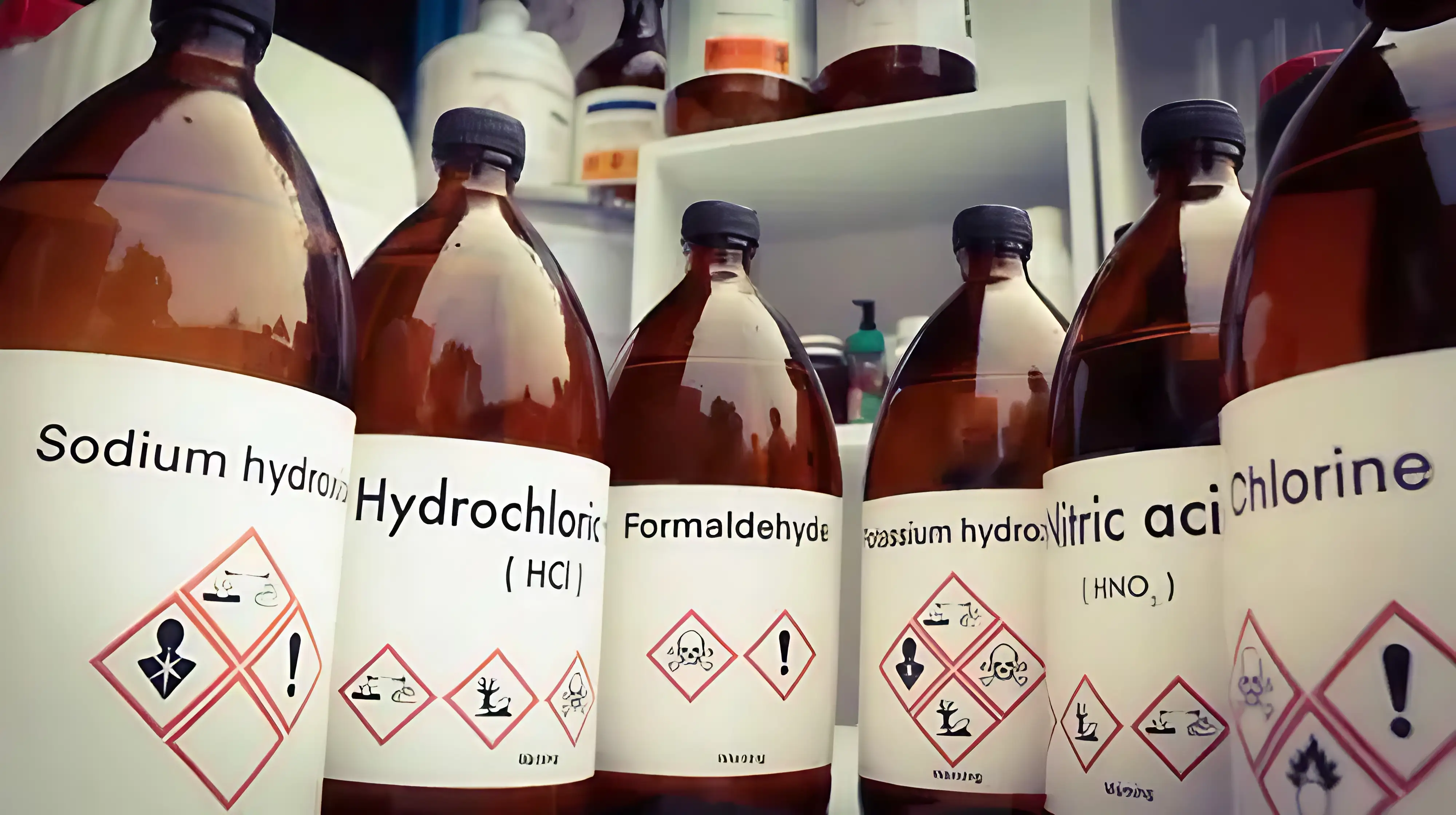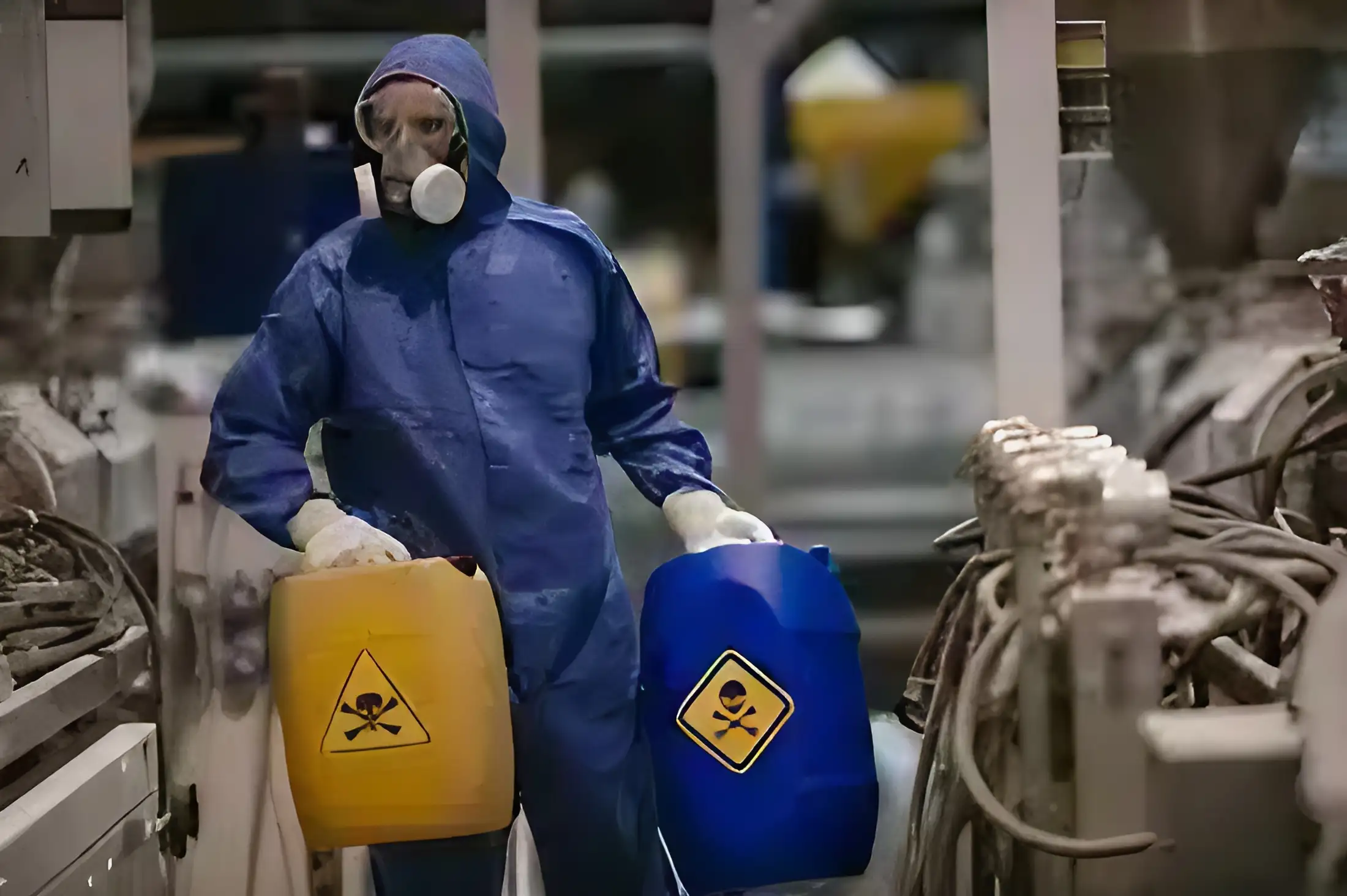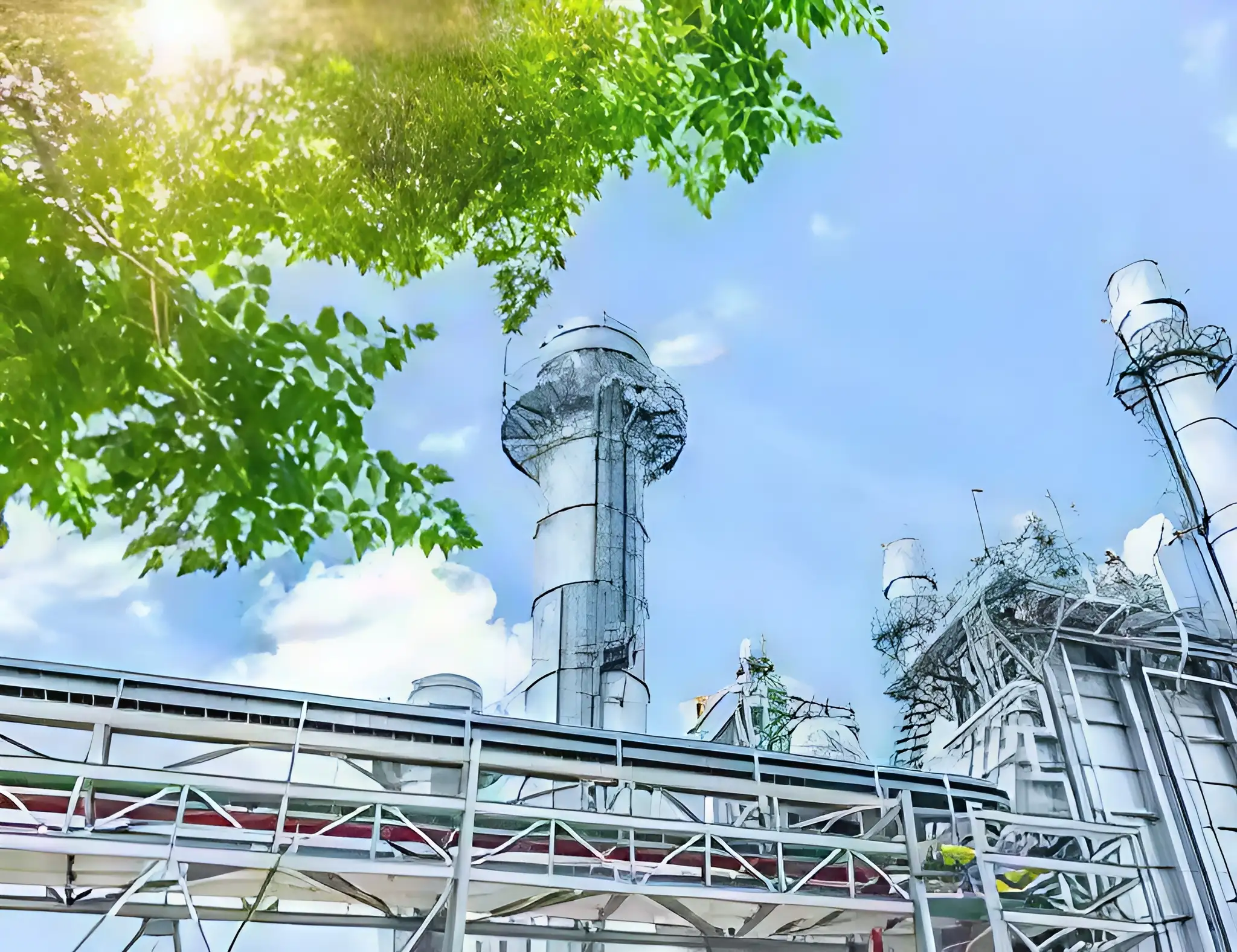With growing environmental concerns and stricter safety standards, chemical regulations worldwide are evolving to ensure safer production, handling, and distribution. Businesses must stay updated on compliance requirements to avoid penalties, ensure product safety, and maintain global market access.
Key Global Chemical Regulations:
-
REACH (EU Regulation on Registration, Evaluation, Authorization, and Restriction of Chemicals)
- Requires companies to register chemicals, assess risks, and ensure safe use.
- Focuses on restricting hazardous substances to protect human health and the environment.
-
TSCA (Toxic Substances Control Act, USA)
- Mandates risk assessment and reporting of industrial chemicals.
- Requires EPA (Environmental Protection Agency) approval before introducing new chemicals.
-
GHS (Globally Harmonized System of Classification and Labeling of Chemicals)
- Standardizes chemical classification, labeling, and safety data sheets (SDS) across countries.
- Ensures clear hazard communication for global trade.
-
China’s MEE Order No. 12 (New Chemical Regulation)
- Requires registration and assessment of new chemical substances before market entry.
- Imposes stricter environmental monitoring and post-market supervision.
Why Compliance Matters for Businesses:
- Avoid Legal Penalties – Non-compliance can lead to fines, trade restrictions, or product recalls.
- Ensure Market Access – Meeting global regulations is essential for exporting and expanding business internationally.
- Enhance Safety & Sustainability – Compliance promotes safe chemical handling, environmental protection, and corporate responsibility.
- Improve Consumer Trust – Regulatory adherence boosts brand credibility and ensures customer safety.
As global regulations continue to tighten, businesses must stay informed and proactively adapt to new compliance measures for long-term success.





